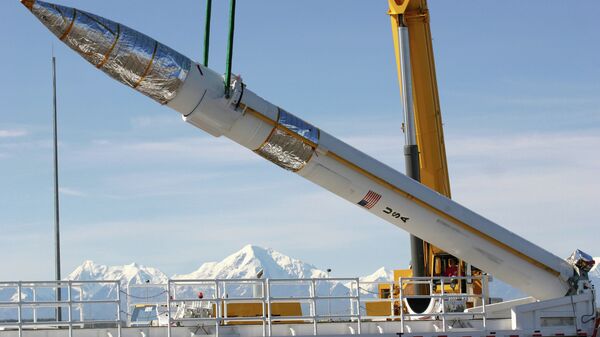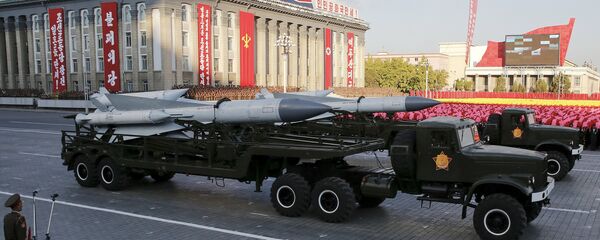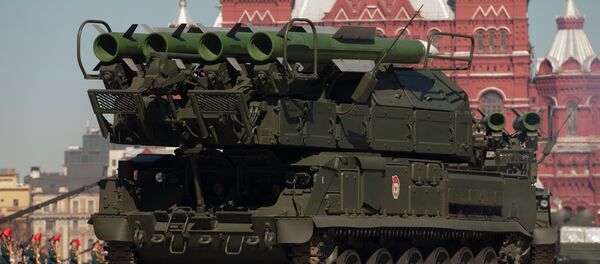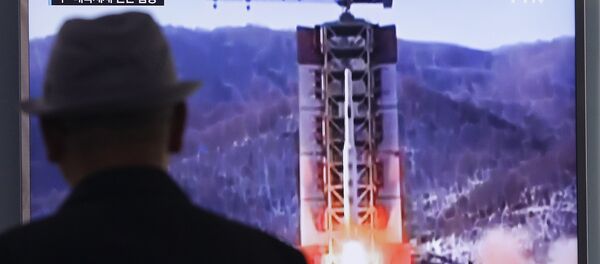In the US Senate, Sen. Ted Cruz (R-TX) passed an amendment that removes the word "limited," while in the House, Rep. Trent Franks (R-AZ) wants to remove the words "limited" and "effective," replacing them with phraseology calling for a "robustly layered" defense. Franks noted the absence of intense debate between the aisles, similar to 1999, remarking that, "Maybe if some people had understood what they were voting for, the Democrats would’ve resisted."
Earlier this month, US Defense Secretary Ashton Carter voiced concerns with North Korean missile testing, suggesting that the country was not acting in accord with other nations on missile development. "We have elements of cooperation, strong elements of cooperation, with China, even as we have some elements of competition," Carter said. "Now, I don’t want speak for the Chinese, but I think everybody’s very frustrated at North Korean behavior."
Carter discussed the five recent North Korean missile-launch failures, saying, "Whatever the outcome of the test, the fact remains that they’re trying to make those missiles fly. Whatever the outcome, this is something that is provocative. It’s destabilizing. It’s contrary to the United Nations Security Council resolutions."
When the National Missile Defense Act was first passed in 1999, the language indicated that missiles would be developed to protect against “limited” attacks. This was a precautionary measure to ensure that countries like China, North Korea and Russia wouldn’t rush to build large-scale missile defense systems similar to the highly-advanced programs in the United States.
Although the NMDA was successful in this way, it failed to provide for a sufficient and cost-effective system to defend against missile attacks. In 2002, on order from President George W. Bush, more than $40 billion in tax dollars was spent on the ground-based Midcourse Defense system, which was put in place to defend the US against North Korean missiles. Since 1999, the system has hit just 9 of its 17 test targets, a statistic particularly significant as these tests were simplified and did not simulate real-life conditions.
The root of these expensive mistakes was a waving of oversight measures, including the "fly before you buy" development processes implemented by President Bush to meet arbitrarily-set deadlines.
Brig. Gen. Kenneth Todorov, deputy director of the US Missile Defense Agency, said in June 2015 that defense dollars would be better spent on research and development. "The strategy is not sustainable," he said. "Yes, it’s important to have a capability [today] that the warfighter cares about and can rely on and has confidence in, but we’ve also got to think about other ways of getting at the problem," he said. "We’ve got to do less procurement, and more RDT&E [research, development, testing, and evaluation]."





